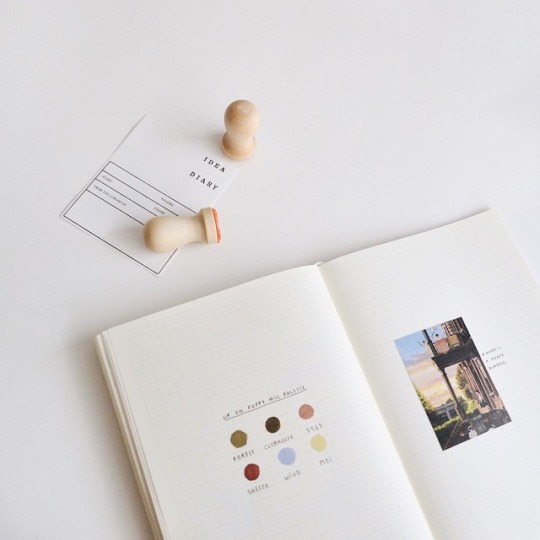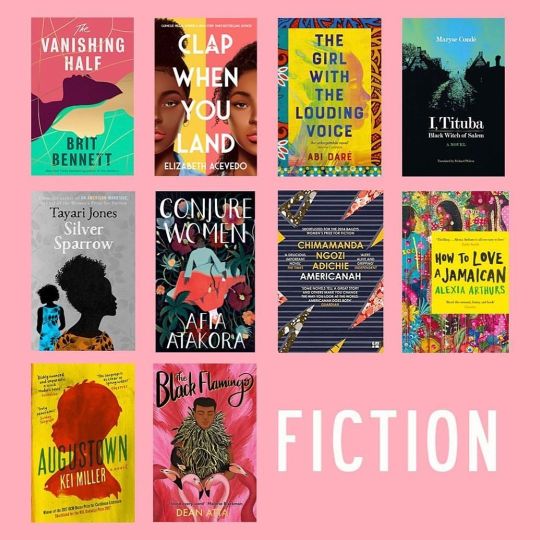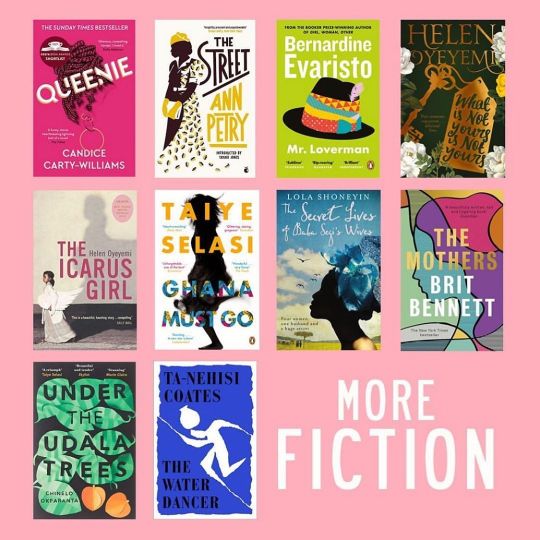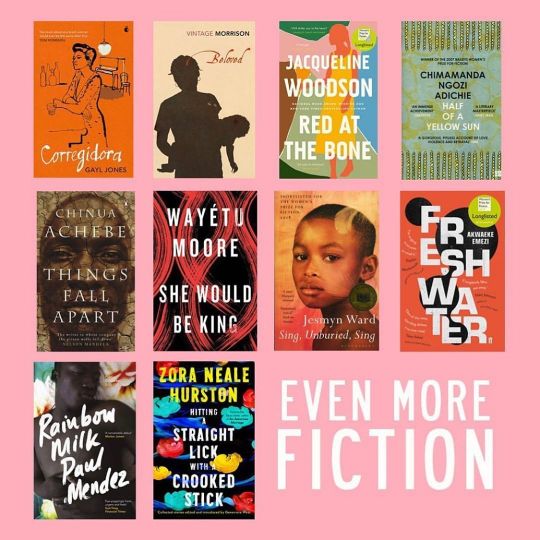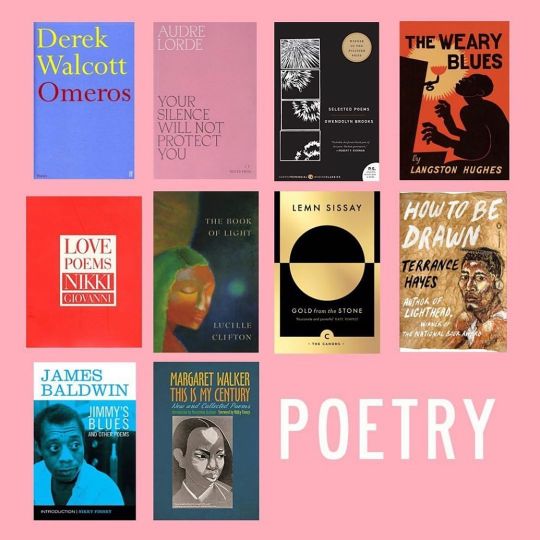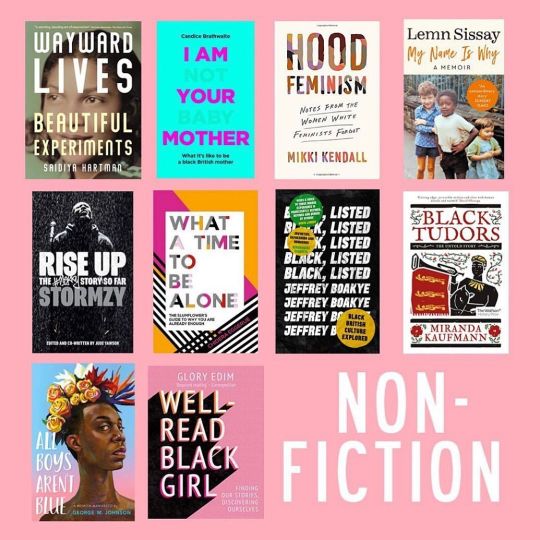Text
how to self teach a new language
have contact with this language by hearing it on movies, tv shows and music. this will help you with your pronunciation skills and with your vocabulary
learn vocabulary and grammar at the same time
read kids books and translate what you don’t know. it might be hard at the beginning, but keep trying
speak to yourself will help you like crazy. I like to pretend that I’m acting or that someone is interviewing me hahah see the magic happens
READ AND WRITE. this is as important as speaking. It used to be so hard for me to write in English and I felt awful because I could actually speak very well. But my writing skills were just a lower level than my speaking level. Thankfully it’s getting better with practice.
try to study a little everyday. if you don’t have time to do so, watch a movie or something, but have this contact with the new language at least once a day
be persistent because the processes of learning a new language can really piss you off. sometimes you will understand nothing and that will drag you down. the difference is to keep pushing until it doesn’t bother you anymore!
9K notes
·
View notes
Text
Language learning activity: choose any picture you like and try to describe it in detail in your target language
44 notes
·
View notes
Text
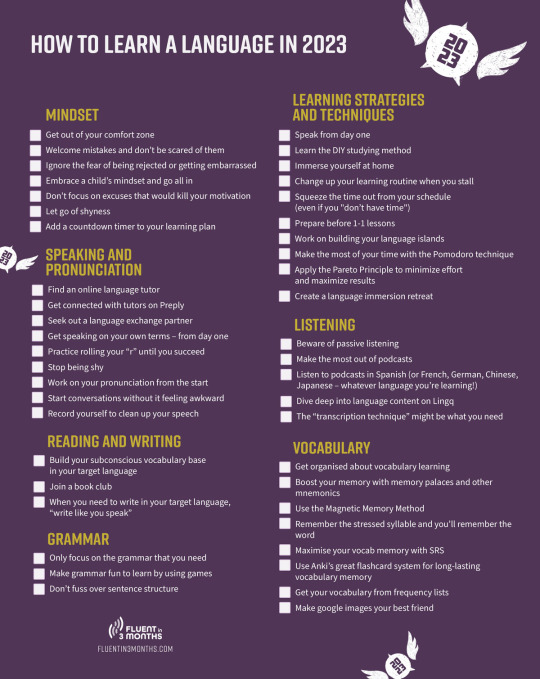
Thinking about making goals out of some of these for this year!
239 notes
·
View notes
Photo





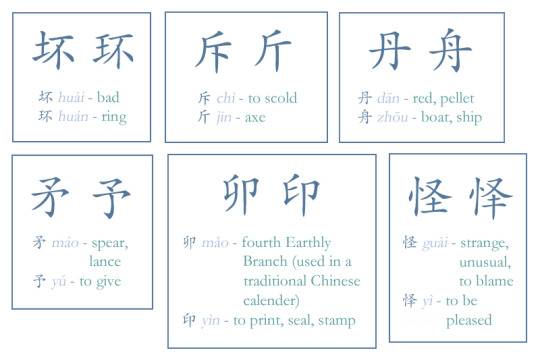
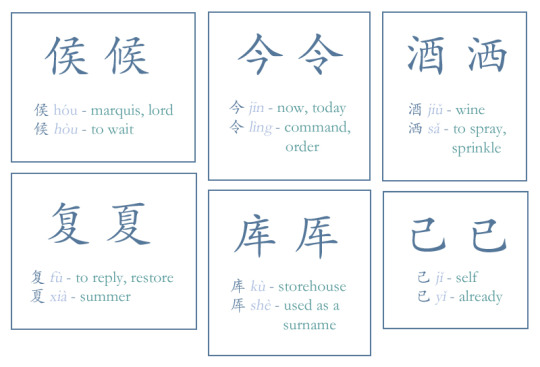
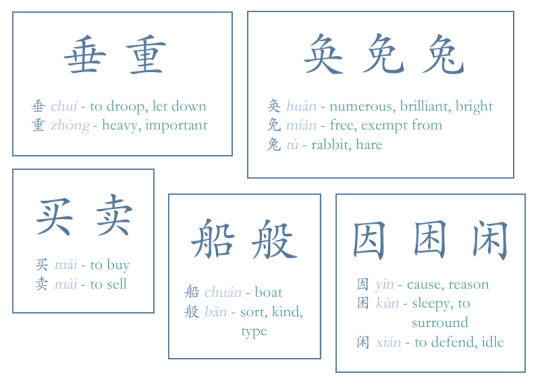
Adapted from the series Easily Confused Chinese Characters
4K notes
·
View notes
Text
Chinese Halloween Vocab

Halloween 万圣节 wànshèngjié
Costume 服装 fú zhuāng
Mask 面具 miàn jù
Trick or treat 不給糖,就搗蛋 bù gěi táng, jiù dǎo dàn
Candy 糖果 táng guǒ
Ghost 鬼 guǐ
Pumpkin 南瓜 nánguā
Witch 巫婆 wūpó
Bat 蝙蝠 biān fú
Black cat 黑猫 hēi māo
Spider 蜘蛛 zhī zhū
Vampire 吸血鬼 xī xuè guǐ
Mummy 木乃伊 mù nǎi yī
Zombie 僵尸 jiāng shī
Werewolf 狼人 láng rén
Skeleton 骷髅 kū lóu
Horror movies 恐怖电影 kǒng bù diàn yǐng
Scary 可怕 kěpà
Monster 怪物 guàiwu
Haunted 闹鬼 nàoguǐ
Happy Halloween! 万圣节快乐 wàn shèng jié kuài lè
897 notes
·
View notes
Photo
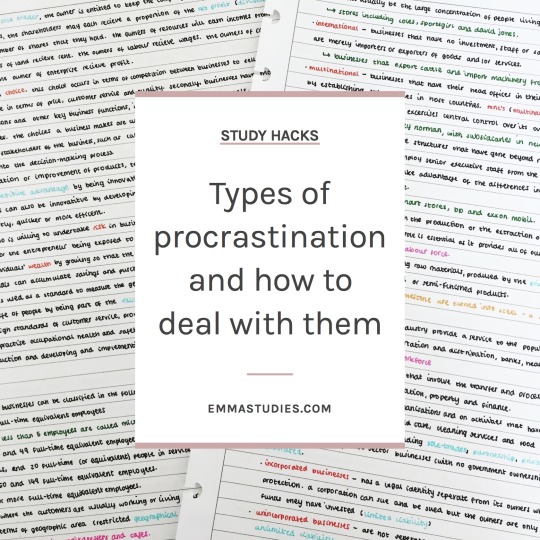
How to deal with procrastination
One of the biggest problems for students is procrastination! It takes different forms for everyone but ultimately it stops us all at some point. Since there are several reasons for procrastinating, I’ve put together the five main types and a few ideas on how to deal with it.
You’ve got poor work/productivity habits. You leave things until the last minute since you “work better under pressure”. You probably think you’ll do something after you’ve finished something else, and then never do. You get distracted whenever you’re trying to study and will sit waiting to feel motivated but it never comes. For this I’d suggest:
create a productivity inspiring workspace - find somewhere that you can set up a study space, whether it is an actual office or just a desk. Organise everything that you will need. I have a selection of pens and my few notebooks on the top so I can easily access them. Remove anything that might cause you to be distracted and doesn’t need to be in your immediate reach. If you’re got space, put up some motivational pictures. This could be my motivational printables, some quotes or your own pictures. Plants are also proven to boost productivity, so might be worth putting a small one nearby!
create an action list rather than to-dos - write down a few manageable tasks that you need to do and be specific on the steps you should take. Writing the actions they require will help you see what you should be doing to complete something, instead of just the overall task. If you’re able to break it down, you can take actionable steps rather than mentally having to think of each point.
focus on 20-30 minute periods - generally, we lose focus after a while so taking regular breaks can help give you chance to relax and refocus. Apps like Forest allow you to set a timer and will give you off your phone at the same time. Obviously, if you’re being productive, don’t suddenly cut that off because it is “time for a break”. Here are some other free alternatives.
remove distractions as best you can - I’m always distracted by social media so I will use Forest on my phone or time-lapse myself so I can’t use my phone. With my MacBook, I have two accounts. One for university and one for everything else. I am not logged into any social media on my uni account so I can’t just check it for a minute then end up wasting 20 minutes :’-)
find an accountability partner - pick someone who you can rely on to check on you regularly and see how your tasks are coming along. You can send them your to-do list and then every few hours you can update them with your progress. You won’t want to let them down. Alternatively, you can study with a friend! Tumblr/Instagram is basically my partner!
use the two-minute rule - if something takes less than two minutes, do it. Don’t make an excuse, just do it. Tasks that are longer you can either delegate or defer. Here is a simple visualisation of what I mean.
record your progress - doing a simple “don’t break the chain” in your planner is a great way to see how productive you’re being and therefore get you more motivated to keep it up! The ‘100 days of productivity’ challenge might be worth doing!
You’re feeling stressed and overwhelmed. Everything seems to be mounting up and nothing seems doable. You don’t know where or how to start. For this I’d suggest:
ask for help - if you’re feeling like this, it is likely you need some help in some form or another. See if a family member, friend, classmate or teacher (or Google) can help or give you a starting point. Emailing your teacher is a great option if you’re a little nervous about speaking to them in person. Plus you won’t forget what they told you because you’ll have a response.
remind yourself that getting started is the first step - you don’t need to finish a task in a matter of minutes. Start doing something small. Maybe organise what you need, highlight the important bits of your assessment, or draft an essay plan. The secret to getting ahead is getting started!
divide and conquer - figure out what is the overall task that you need to do and split it into manageable parts. For instance, with an essay, the aim is to write it! Divide it into planning out what you want to write, any references you need, summarising a final draft and then writing each paragraph. By dividing bigger tasks into actionable parts you can reduce the obstacles and get through each part in a more timely manner.
reward yourself - create a system to celebrate completing a selection of tasks. By rewarding your progress you’ll build an incentive to work and reinforce productivity (great for your self-discipline!).
learn to forgive yourself - if you have an off day, that is okay! When the stress of your education is getting too much, it is necessary to have time out. Remember to come back to it later and try again.
don’t over schedule - if you’re feeling pressure from the amount of work and then the added pressure of trying to stick to a time limit, you’re just going to go crazy. Set yourself flexible times to get something done instead of being heavily structured. Give yourself time for a break and the ability to change tasks.
stick with one task - it can be so tempting to multitask but try not to. Try to keep the focus on the what you’re doing until it is done. If you struggle with that, you could write down anything useful that you randomly think about for another task, use a break-time to think about that other task or alternate between subjects/tasks every few hours.
You’re a perfectionist. You either don’t want to start something out of fear you won’t get it right or you can get stuck on the small details. There is a pressure to achieve the unachievable. For this I’d suggest:
focus on getting started, instead of finishing - it is easy to get overwhelmed thinking about what something is supposed to be like finished if you’re a perfectionist. Take things one step at a time. It’s also useful to remember the sooner you start, the more time you’ll have to perfect it at the end!
make drafts - if you’re overwhelmed, take half an hour to map out your plan of attack. Drafts can take many forms: summaries, scaffolds/outlines, essay plans, post-it notes, etc. I find it much easier to get on with work if I have a bit of a plan.
remember that your perfectionist tendencies aren’t actually improving your work or productivity but hindering you - you’re continually setting yourself unrealistic objects and (like me) probably feel let down by yourself if you don’t reach them. Be realistic and focus on getting it done!
accept mistakes - you’ve written something wrong, don’t panic! Cross it out with a single line and move on. Things happen and you have to accept it. You can’t rip up the page every time you do something wrong, even if it is so tempting.
put things in perspective - is what you’re beating yourself up about right now going to mean anything in a week, a month, a year? Be honest if it isn’t, is it really worth putting unnecessary pressure on yourself.
praise yourself through the process - try not to criticise yourself but recognise your progress.
don’t compare yourself - this is very hard not to do but remember we are all different. Just because “you’re not as good” or don’t understand something as easily as others, it doesn’t mean you’re any less! Everyone was a beginner once and we all learn at different paces. Work to your strengths!
You want to do something else. You find whatever you’re doing boring. You want it to be over with but don’t want to get started. The ultimate catch 22, right? For this I’d suggest:
remember that putting it off isn’t going to make it go away - if you leave it too long you’ll end up getting more stressed about it. Best to get it over with.
make a plan from the get-go - once you know something is coming up (e.g. a test, an assessment, etc) make notes on it! That could be questions, annotations, potential topics, citations, etc. By making the effort to spend time reading through, you’ll save your future self some stress. Especially if it’s a topic you have forgotten. That way your notes act as a reminder so you can get started.
set a finish time with a reward - tell yourself that if you finish something by a certain time and then you can do something else. Use your self-discipline to not go back on this. Set a realistic time and try to get it complete before. If you can think that you’re doing something fun once it is completed, you’ll be more motivated to get it done.
make a structure - for note-taking, it can be overwhelming looking at a textbook and thinking what you’re going to write out. Make a note-taking layout/colour code that works for you and that subject. Mine is here - it just gives me an idea of how I’d lay everything instead of going in with no action plan.
try to make it fun - this could be using YouTube to learn or starting a study group. Use different methods for memorising information such as flashcards, mindmaps or study guides (like question/answer).
make the effort to refocus - if you’re finding something boring and you’re unfocused, walk away for 5 minutes, get a drink and come back. If you’re really struggling, change topics for a while. Find a point where you can finish and start doing something else that is productive.
listen to some music - generally, music without lyrics are best for focusing. Spotify has a great playlist for studying called ‘focus’. However, I find my regular music good for getting me a little more motivated and awake. I also like writing essays to music because I weirdly sort of type in the same rhythm. Funny study hack I’ve found that works for me haha!
write your thoughts down - Another thing I’ve been trying is externalising my thoughts. If I get distracted by something or have a “gosh, I need to remember that” moment, I will write it down. By getting it out my brain and onto a bit of paper, I no longer have to think about it and can continue.
You have no motivation. Often we feel that motivation is the only thing you need to get on with something, but this isn’t totally true. You need a mix of motivation and discipline. As the saying goes: “motivation may get you started, but discipline keeps you going”. To build your motivation, I’d suggest:
have a mass organise - usually when I’m feeling unmotivated, I’ll clear out my desk and sort out my computer. This involves throwing out stationery that doesn’t work or scrap paper. I usually make piles of spare stationery and will re-organise my desk drawers. For my computer, I will pull out all my files to my desktop then start working through them. I’ll delete duplicates, rename files properly, and put them in the right place.
find some new stationery - weirdly buying stationery is one of those things that instantly makes you want to be productive. Head to the shops and spend a little something on a new pen, highlighter or notebook!
film yourself - studying generally doesn’t give us any instant gratification which can make it feel like a drag. By filming yourself working you can get a little video at the end which shows your progress. I love watching time-lapses of myself because you see all the work you did super quickly. It also means I’m not touching my phone!
set yourself some goals - write down a few things you want to achieve, in the short or long term. Put it somewhere that you’ll be reminded about it! By externalising your goals, you’re more likely to make the effort to achieve it.
check/make a studygram and studyblr - this is one of most motivating this I’ve done. Having social media dedicated to studying has helped not only improve my work ethic but my whole attitude towards education. Getting involved in the community is a great motivator. Here is a post on how to set up a studyblr.
I hope this post gives you just a few ideas on how to tackle procrastination! If you’ve got any tips you’d like to share, please message me! x
Other posts | Printables | Instagram | Youtube | Pinterest
31K notes
·
View notes
Text
Manifesting academic success and an unlimited supply of cute stationery for the person whom you reblogged this from
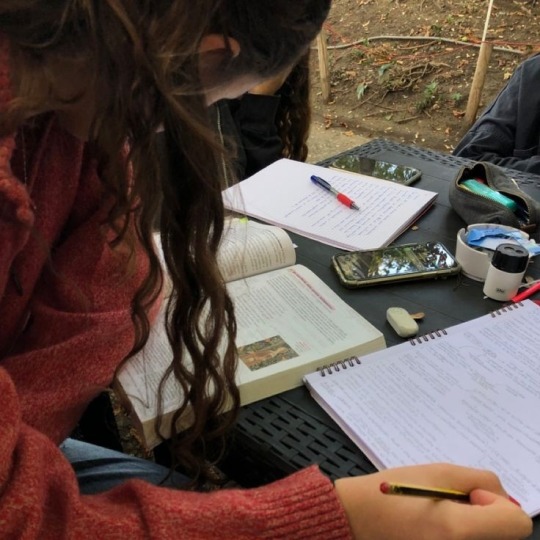
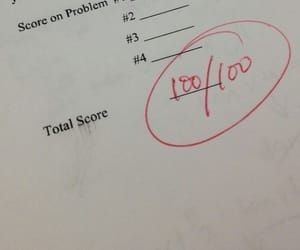

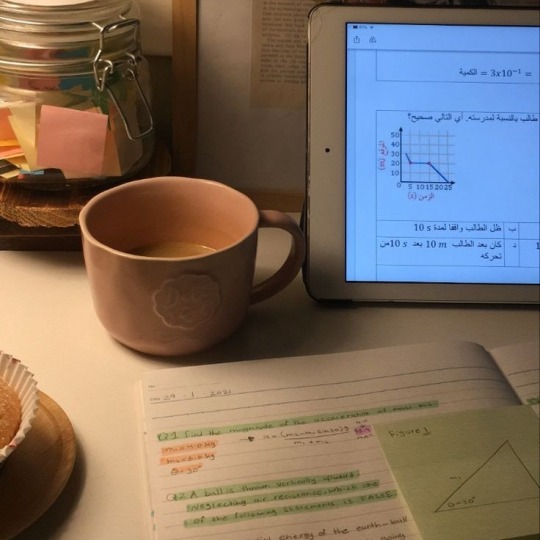
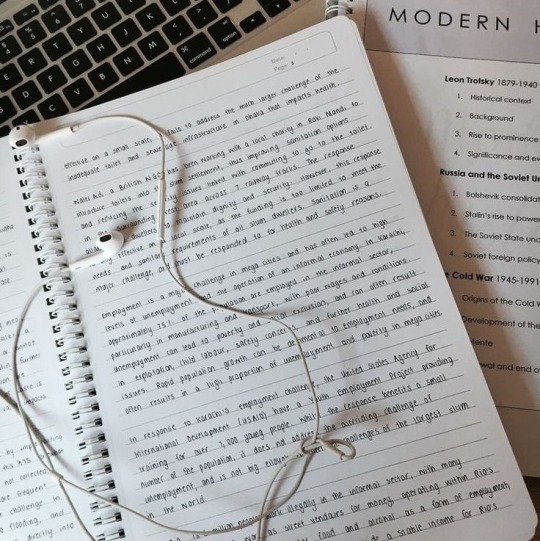
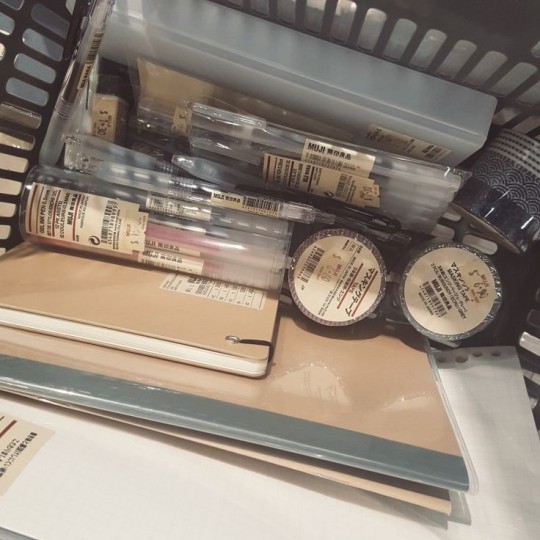
13K notes
·
View notes
Text
How to study when you are tired
Get up: make the firm decision that you are going to study and move towards you desk.
Get tea: or coffee. The preference of beverage is up to you. You just need to believe that it will help, even if its only for a little bit.
Set goals: if you are very exhausted setting mini goals like studying for an hour will be much more motivating.
Get going: once you hit your stride, you will start to feel less exhausted. The key is too push through and put tiredness at the back of your head.
15K notes
·
View notes
Note
yooo how do u email a prof for a recommendation letter?
Hi Professor!
I am in the process of applying to ____ and they require letters of rec. I sincerely enjoyed your classes, and felt that they gave me a particularly good chance to display my strengths, such as ____ [class participation, writing, etc.] and would love for you to write me a letter, if you’d be willing. The due date is ____, and I can send you further instructions for submission later if you accept.
Attached to this email is ____, the piece of work I did in your class which best showcases my abilities, as well as my current CV [or resume]. If you agree to write me a letter, soon I will also send you drafts of my ____ [statement of purpose, personal statement, application essays, other relevant material] for my application to aid in your writing. I am also happy to meet in person to discuss this with you.
I want to stress that this application is quite competitive, so if you feel you will not be able to write me a strong letter then I completely understand - but please let me know. Thank you so much for your time!
Sincerely, ____
—
a few notes:
- you should have all your relevant materials (app essays, etc.) sent to them *at least* a month in advance to give them ample time to write the letter
- thus, your initial email asking them if they’d be willing to write a letter for you should be sent *over* a month in advance. professors are busy
- if you are applying for a really prestigious position/scholarship/fellowship, or grad school, it’s best to have at least a majority of your letter writers be professors (rather than adjuncts or post docs). ideally you’d want them to be full/tenured professors. in lots of cases, especially academic ones, *who* writes your letter matters - not just *what’s in* your letter
- the reason you send them the piece of work you did in their class that you are most proud of is to remind them of your abilities as a student and the quality of the work you produced for them. they have lots of students. sometimes they need a bit of help jogging their memory of exactly what you did in their class.
- the reason you send them your other application materials (personal statement, statement of purpose, CV) is so that they have information to draw from when writing your letter. they know what you’re passionate about, what you hope to do in the future, other experience you have, and can use this information when writing your letter
- on a similar note, this is also why you’d want to list the strengths you displayed in their class
- basically, you want to give them as much information as you can about your strengths, goals, and intentions - give them prompts they can use to write your letter
- the bit at the end about asking for a “strong letter” is important because some professors can only write you mediocre letters (e.g. “this student was always on time to class and gave their undivided attention during lecture” - what does this tell admission committees? well, it tells them that the professor has nothing positive to say about your *academic* abilities and so they’re resorting to other strengths. it’s a polite way of saying “this student was okay, but not spectacular in any notable way”. big red flag for admissions committees.) if all you’re going to get is a mediocre letter, you might as well not get a letter at all
- if the professor you ask accepts, then be sure to send them polite reminders as the date approaches. (i usually send a reminder at the 1-month-till-due-date mark when i send the other application materials, and then again at the 2 week and 1 week marks, and, if necessary, every day after the final 3 days leading up to the due date
—
i know this was a lot, but i remember being in your shoes and being completely lost when it came to applying for stuff so i know how daunting it can be. i figured i’d just throw all this information at you to be of as much help as possible.
for reference, i’ve applied to graduate programs, fellowships, and scholarships. i have been accepted into several of the top 10 graduate programs in my area, as well as received multiple scholarships and a fellowship, and received honorable mentions for some of the most competitive fellowships in the US. i have also worked with the admissions committee at my graduate program to organize multiple informational events for those interested in applying to graduate school and, in the process, have learned a lot about what makes a strong application.
so while you should absolutely take my advice with a grain of salt (different circumstances call for different standards), i do have quite a bit of experience with applications and what makes a strong letter of rec.
i hope this helped! best of luck with whatever you’re applying for :)
9K notes
·
View notes
Text
how to stop procrastinating
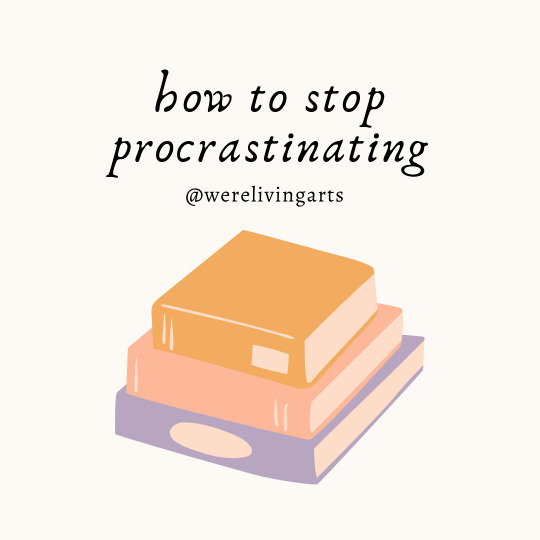





Hi, I’ve been in hiatus for a long time since I just started the IB program! This is just some tips that I think is useful for me to deal with procrastination. Please take this as a grain of salt because these might not fit every single person, but if you can still try out if you want to!
Merry late Christmas everyone and hope you have a great year ahead 🎄🎅🏻
951 notes
·
View notes
Text

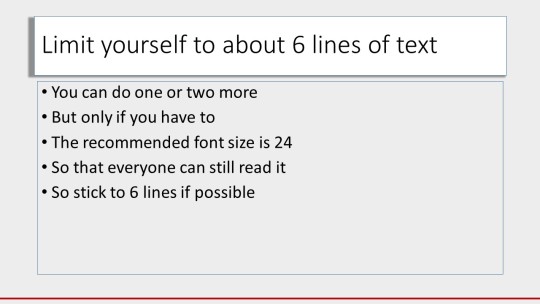
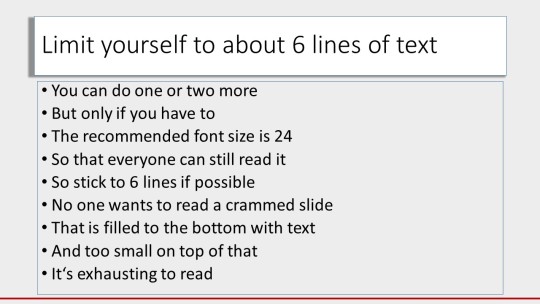
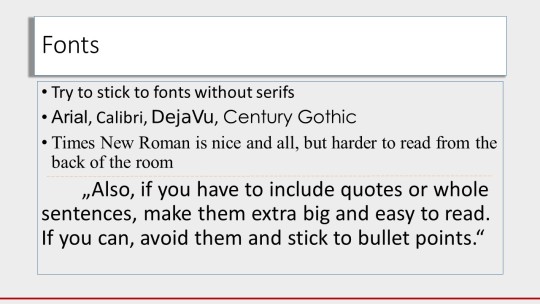
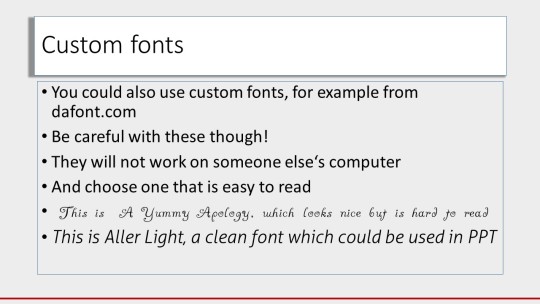



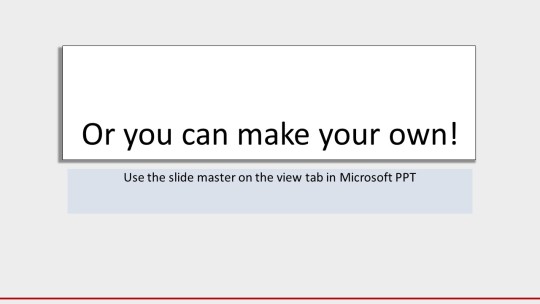

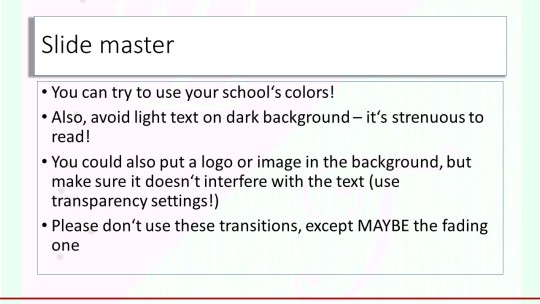

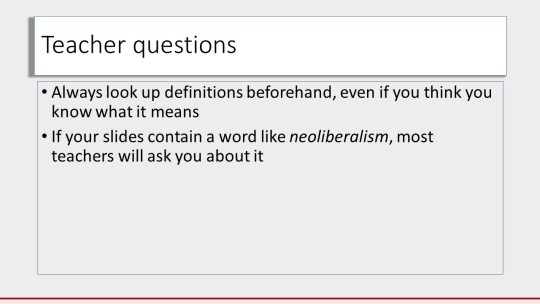
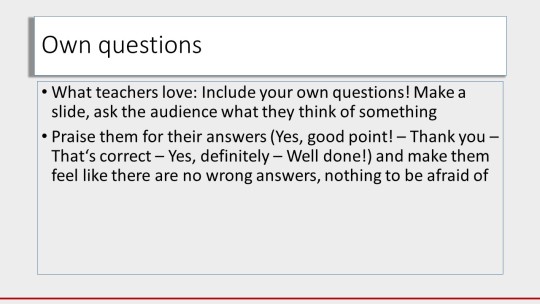
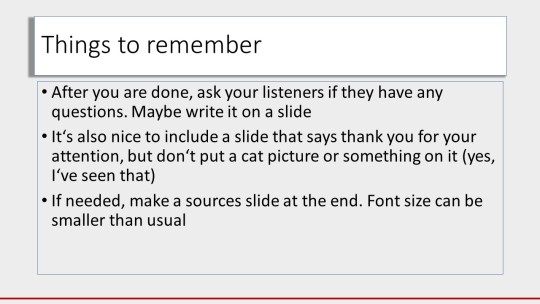
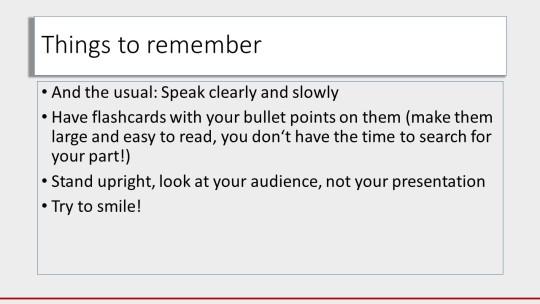
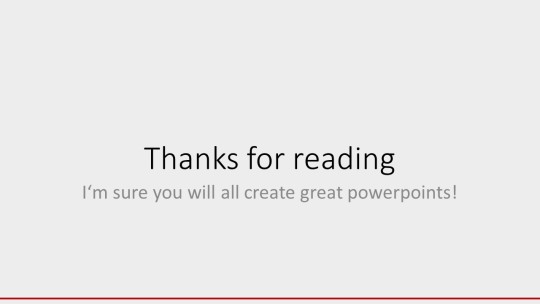
Okay so I keep seeing terrible PPTs at university -we have to make a lot of them-, which is why I made a PPT to give some advice on good PPTs! :)
Of course you can still do your PPTs however you want, these are just some tips. Hope this helps some of you, though! If you need help with a presentation, feel free to ask.
May you all have a happy and productice week ♡
6K notes
·
View notes
Text
✨Langblr asks✨
Target language?
Last language that you considered learning?
Language(s) that you could know but don’t?
Languages do you speak at home
Languages do you speak with your friends
Favorite movie in your target language
Favorite food from the country that speaks your target language
Favorite word in your target language
Favorite spot to study
Study snacks?
Favourite folk tale in target language?
Vocab or Grammar
Pen or pencil
Favourite book in target language
First book you read in your target language
Vocab word you are struggling with right now
Favourite time to study
How do you say your favourite food in your target language?
Introduce yourself in your target language. GO!
First movie or tv show you ever watched in your target language
First foreign language you learnt
First language you learn by yourself
How did you get into languages?
Why are you studying your target language?
Describe your target language as an aesthetic
Favourite pet name in your target language
Favourite pet name in any language you know
Do you want to visit the country that speaks your target language?
Proud moments regarding target language
What language would you speak/teach to your new pet in so no one would understand?
Feel free to reblog it~
656 notes
·
View notes
Text
Vocabulary learning tips!
One of my favourite ways to learn vocabulary is recording myself reading out sentences or particular words into my phone. When I read them out, I focus on getting the pronunciation right, and forcing myself to repeat the sentence makes me internalise what I might otherwise skip over. It’s a great way of learning vocabulary whilst you do the dishes, wash up, and the best thing is that it only takes about 10-15 minutes to make, and you have hours of fun!
It’s like your own (less terrible) Michel Thomas audiobook!
How does it work?
1) First time around, I read the individual words from the sentences with their translation in English if they are particularly stubborn. After every word, I give myself enough time to repeat it two or three times.
2) Next, I read the words in a sentence. I try to include sentences with no new vocabulary apart from the word itself, so I don’t need to provide the translation. I give myself time to repeat it.
3) Third, I repeat the words (if they are particular difficult) without a translation.
4) After that, I repeat the individual words in English, asking myself to provide a translation.
5) Finally, I read the English sentences, and try and say them in my target language.
Can you also use this for tests? Absolutely!! Since No One Else will test me, I often read random words from vocab lists in English and have to produce the Chinese. My best hack? For a ‘big’ exam, write the English words in a numbered list, 1-50 or so. Then record a long audio message, maybe twenty to forty minutes, reading numbers off the list. You only need to do this once, as it’s numbered you’ll never need to do it again! And that way you have a never-ending way of testing your own vocabulary…
祝你们一切都好
-梅晨曦
79 notes
·
View notes
Text



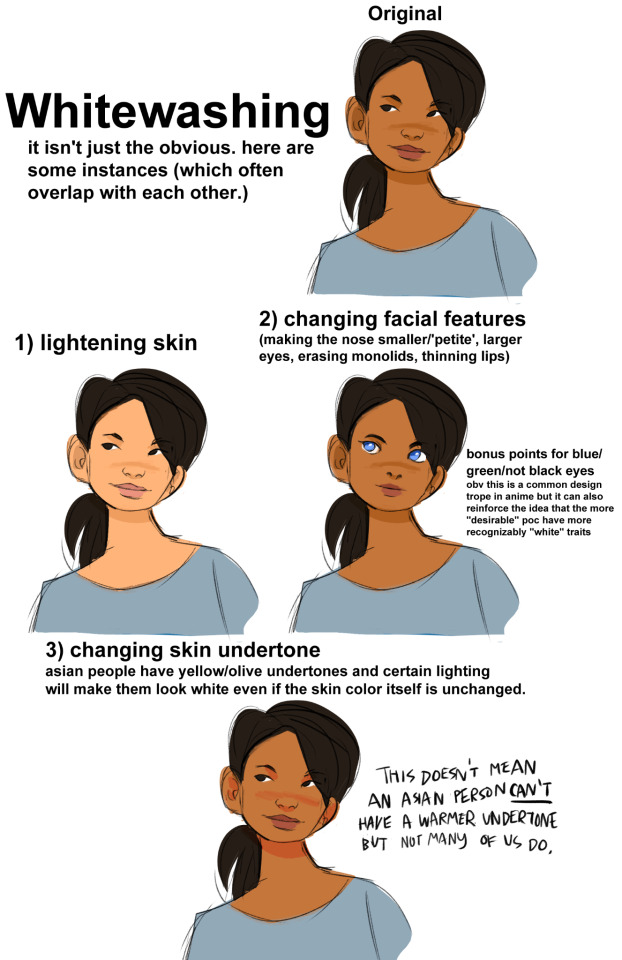




disclaimer: I am east asian. if anyone who is not white sees anything wrong with my phrasing, inaccuracies, or insensitivity, or something I missed, please feel free to add on. I'm just one person with one perspective; none of what I say should be taken as The Singular way to draw an Asian character. if you havent done so already, please take the effort to expand your view of Asian culture outside this one tutorial.
if a white person reblogs this and adds something stupid I'm going to bite and kick you like a wild animal
142K notes
·
View notes
Photo
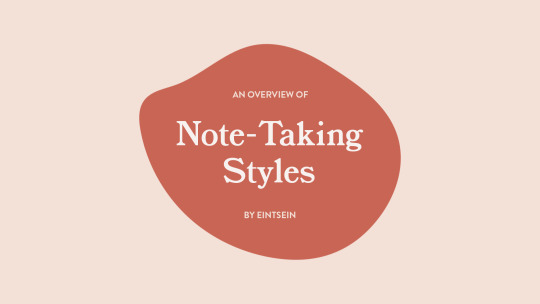

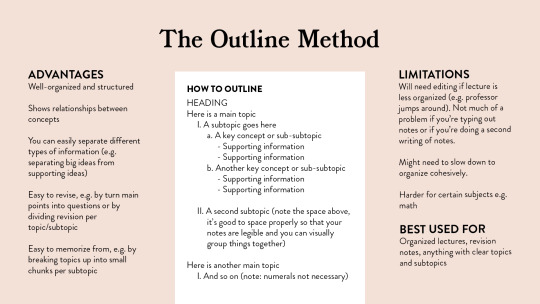
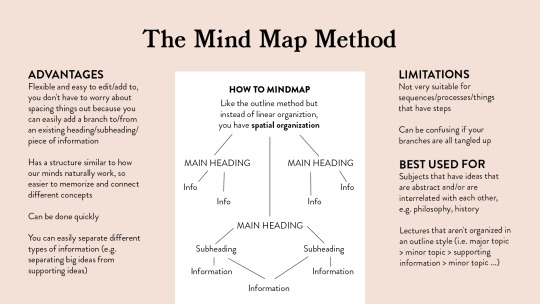

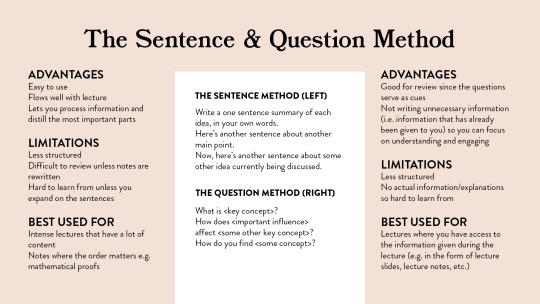
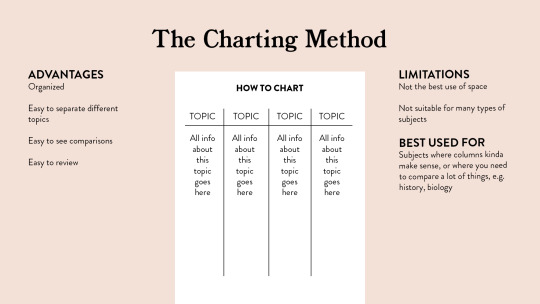


An Overview of Note-Taking Styles
Note-taking is one of the most essential skills a student should master. It allows you to record and review information to be used in the future. But what’s the best way to do so? Here’s an overview of note-taking styles that can help you maximize your learning!
56K notes
·
View notes
